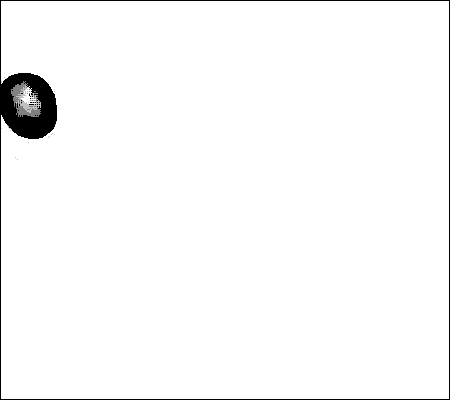"Variations for Element P and Piano" [mp3 removed]
Have been continuing to add to this earlier-posted piece for piano and an FM-ish percussion softsynth, in 3/4. It's done now, at 3.5 minutes. Was hard to get the "wrong" piano notes exactly right. I took down the "second stage" and deleted the post. Here's what it said:
...This is getting a bit brittle and spiky--will probably add a softer section after this (if I decide to keep going with it). Working on "Minuet McArdle" got me thinking about chords, which I hardly use, except for pads, that are automatically "chorded." All these were arrived at pretty much one chord at a time, one note at a time. There is no tonal theory other than "I want it to be dissonant, or 'bluesy,'" or "I want it to change mood," or "Now it needs to sound angry" or "how is this working with the synthesizer?" Changed the name from "Peon Element." Was going to call it "Peon Element Extended" but that sounded too much like a male enhancement product.

